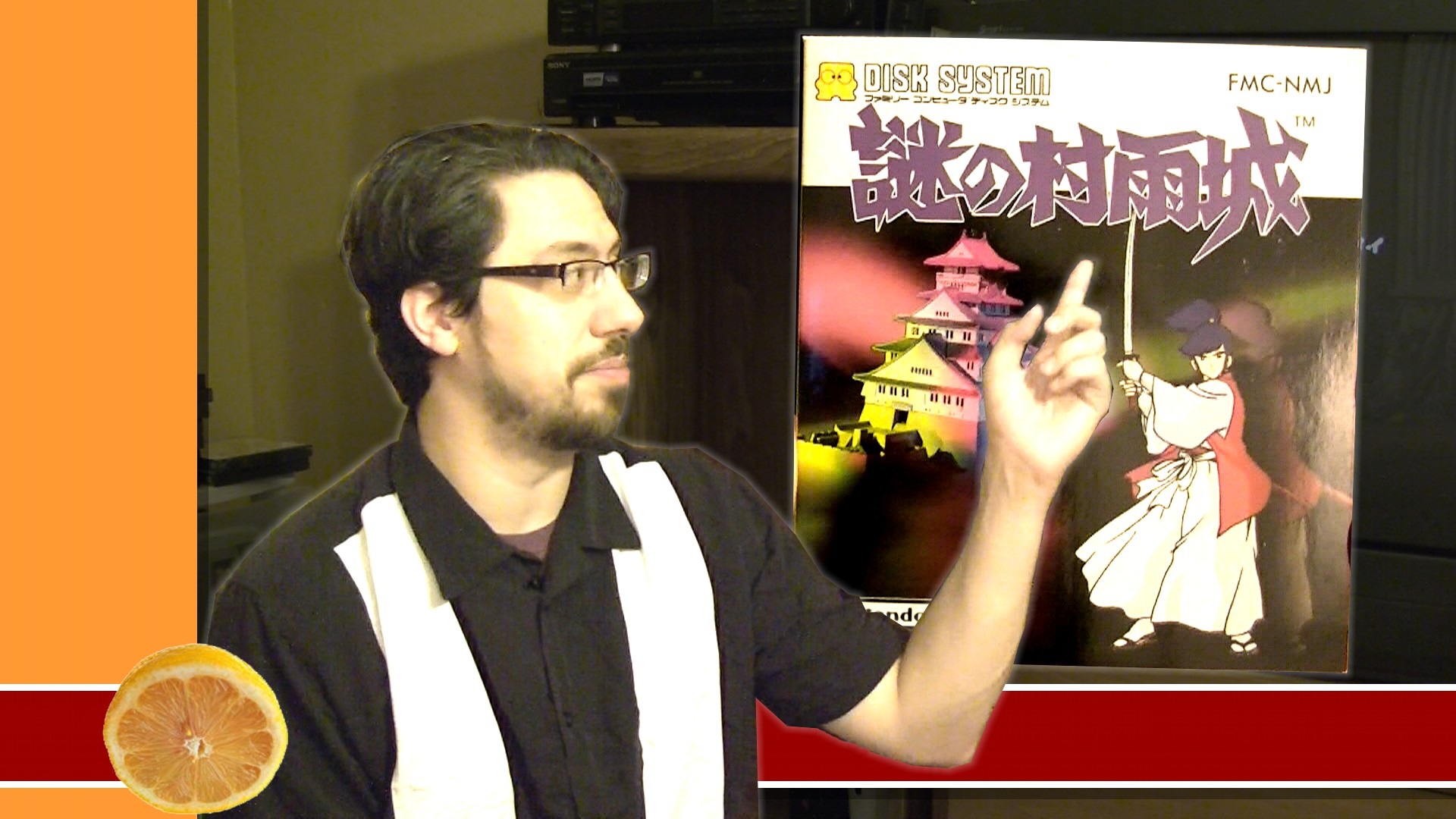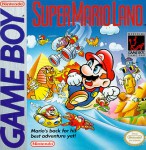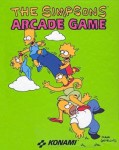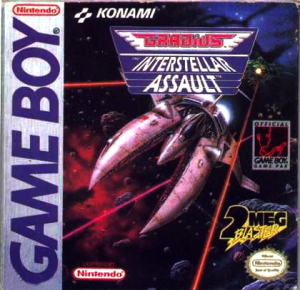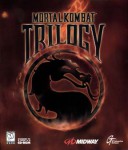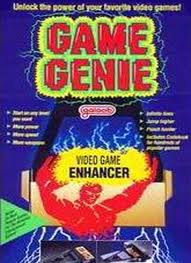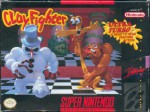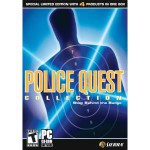Lost Classics: Tokyo Cop (Arcade)
by William Talley, filed in Lost Classics on Jun.19, 2011
 Tokyo Cop is one of those games that remind me of why the arcades are still awesome. Created by [Barcelona-based] developer Galeco (the makers of Big Karnak), it’s fun, but you have to wonder if any of the development team is actually from or has been to Japan. You sit into a seat (with force feedback) and rumbling and drive through Tokyo’s four districts in an attempt to apprehend the city’s most dangerous criminals. You have a small amount of time and you’re careening through traffic at breakneck speeds like a Grand Theft Auto chase mission while some very Americanized rock music is playing. You can pick one of 4 agents. Strangely one of them looks black. You can use the keypad to enter a pin number to keep track of data on the machine. It lets you know how many bad guys you caught, keeps track of stats and unlockable vehicles, and it lets you know if any criminals have escaped from prison. Despite all the advances in technology, motion sensing gameplay, and online networking, you just can’t get an experience like this just sitting at home.
Tokyo Cop is one of those games that remind me of why the arcades are still awesome. Created by [Barcelona-based] developer Galeco (the makers of Big Karnak), it’s fun, but you have to wonder if any of the development team is actually from or has been to Japan. You sit into a seat (with force feedback) and rumbling and drive through Tokyo’s four districts in an attempt to apprehend the city’s most dangerous criminals. You have a small amount of time and you’re careening through traffic at breakneck speeds like a Grand Theft Auto chase mission while some very Americanized rock music is playing. You can pick one of 4 agents. Strangely one of them looks black. You can use the keypad to enter a pin number to keep track of data on the machine. It lets you know how many bad guys you caught, keeps track of stats and unlockable vehicles, and it lets you know if any criminals have escaped from prison. Despite all the advances in technology, motion sensing gameplay, and online networking, you just can’t get an experience like this just sitting at home.


 PS3
PS3
 Famicom Dojo
Famicom Dojo KEEP PLAYING
KEEP PLAYING KEEP PLAYING: Rewind
KEEP PLAYING: Rewind Powet Toys
Powet Toys Powetcast
Powetcast Hitchhiker's Guide POWETcast
Hitchhiker's Guide POWETcast




